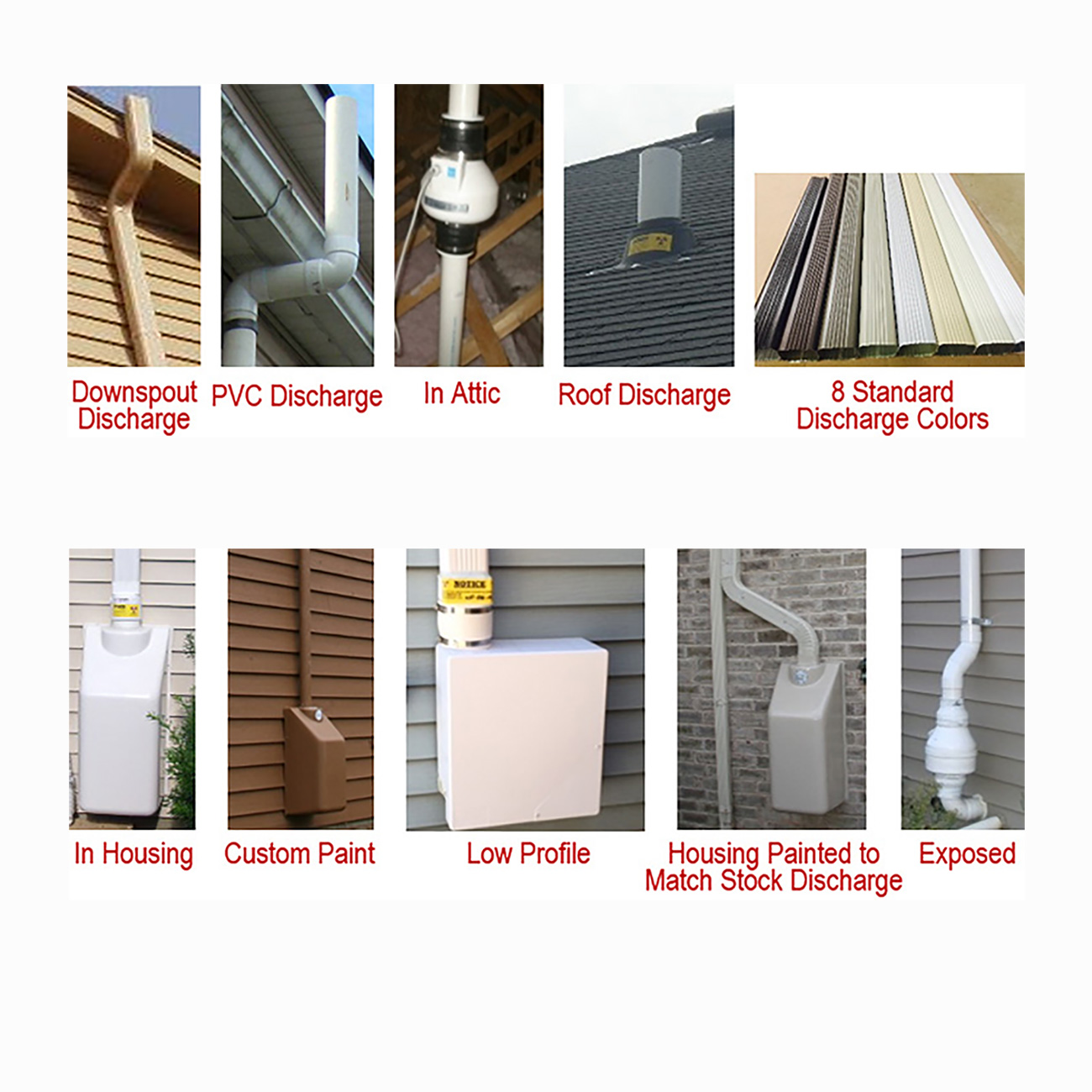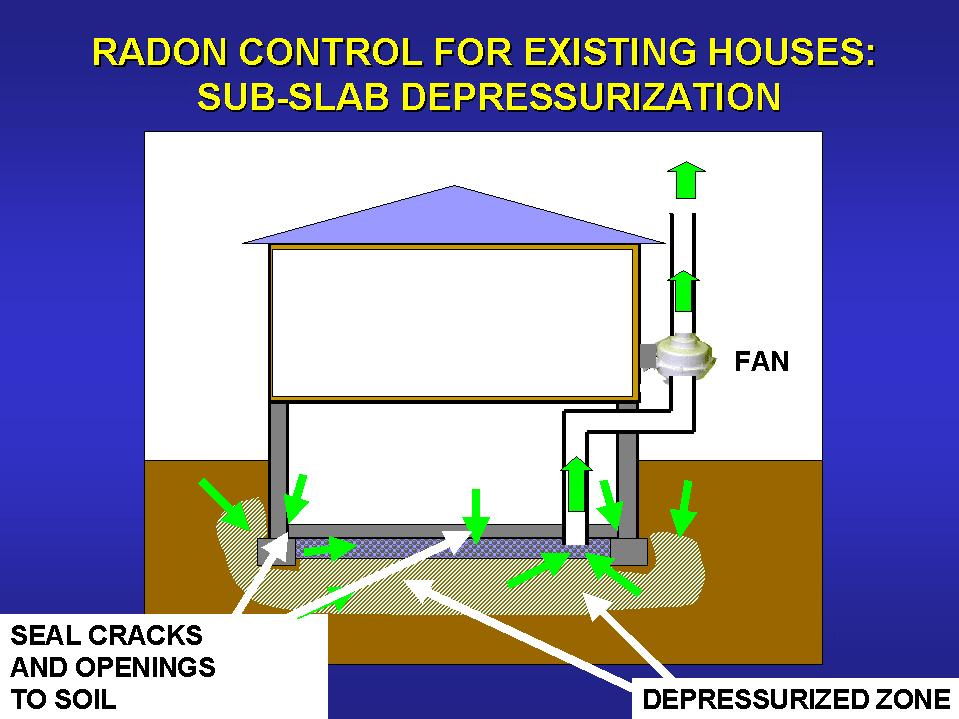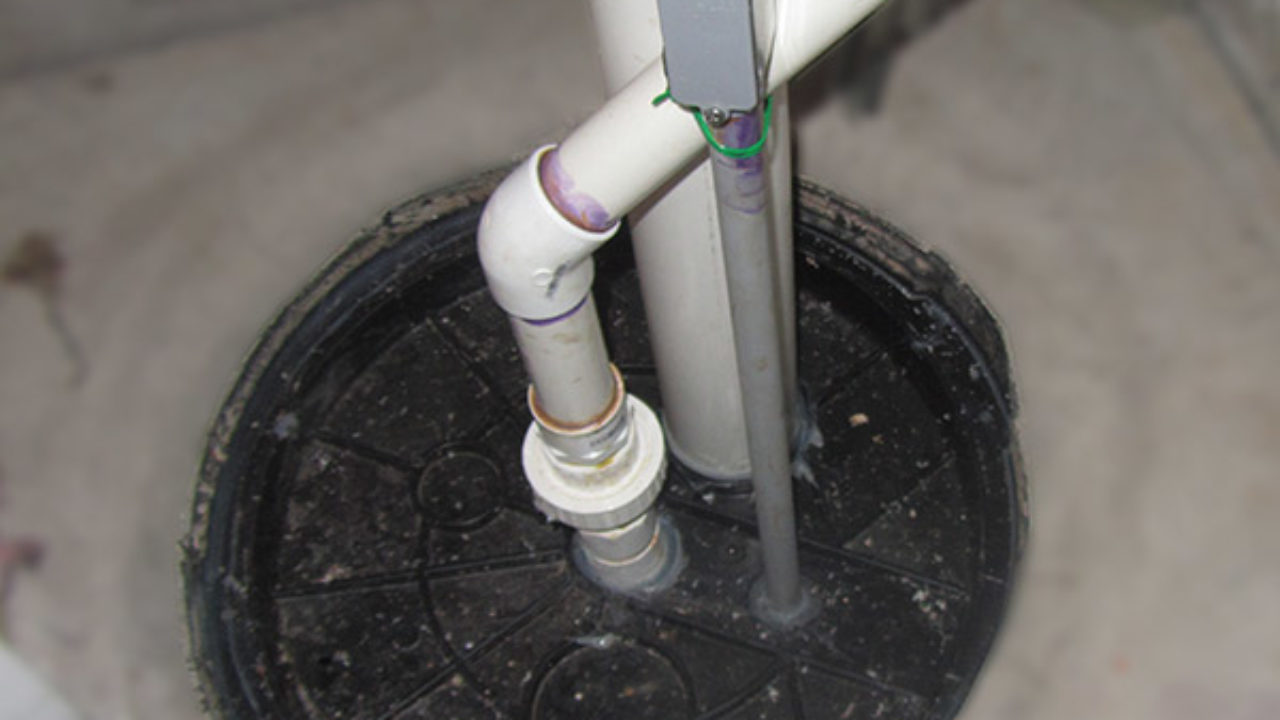It s similar to the active system already described with the notable difference being that instead of allowing the gas to become trapped or collected under a basement slab of concrete before venting in this scenario your pre vent collection area is the plastic sheet membrane.
Radon mitigation plastic sheet.
Moreover mitigation if often cheaper than testing.
Radon is a significant contributor to environmental radioactivity.
Remove radon gas using suction suction systems work by creating negative air pressure in an existing sump pump pit a freshly dug gravel pit under your concrete floor or by placing a plastic sheet over the soil in your crawl space and sucking air from under the plastic.
When the fan is activated it will draw the radon from below the plastic before it can enter the crawlspace and the structure.
Newer construction may rely on passive mitigation where pipes are installed in the foundation creating a natural vacuum and directing the radon out of the house without use of a fan.
I installed a radon fan fantech hp2190.
90w and piping for 200 in my existing slab to mitigate a radon problem.
A radon pipe penetrates the plastic sheeting pulls the soil gas from the crawl space and vents it outside.
The radon gas is flushed out of the home under the plastic sheet.
Sub membrane used in crawl spaces a plastic sheet covers exposed dirt on the floor extends up onto the wall and is sealed.
But sealing almost never works to seal out toxic vapors.
Radon mitigation fans draw not just soil gas from the ground but also indoor air from the house through the concrete slab.
Installing a co alarm with fan based radon mitigation is a good idea.
Homes with crawl spaces might instead cover the earth floor with a high density plastic sheet and use a vent pipe and a fan to force the radon gas outside.
The sheeting also keeps the concrete from clogging the gravel layer when the slab is poured.
Polyethylene or a vapor retarder on top of the gravel to prevent the soil gases from entering the house.
If a problem exists go with depressurization.
Radon mitigation is any process used to reduce radon gas concentrations in the breathing zones of occupied buildings or radon from water supplies.
This may cause back drafting and spillage of combustion gases from the furnace water heater or fireplace in modern tight houses.
Also we wrap the plastic up any wall at least 12 inches and seal it to the wall with either spray adhesive or urethane caulk.
Place heavy duty plastic sheeting 6 mil.
Mitigation of radon in the air is accomplished through ventilation either collected below a concrete floor slab or a membrane on the ground or by increasing the air changes per.









